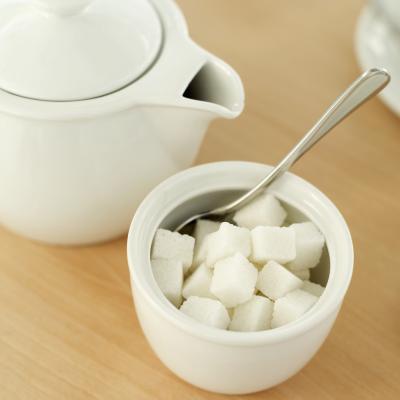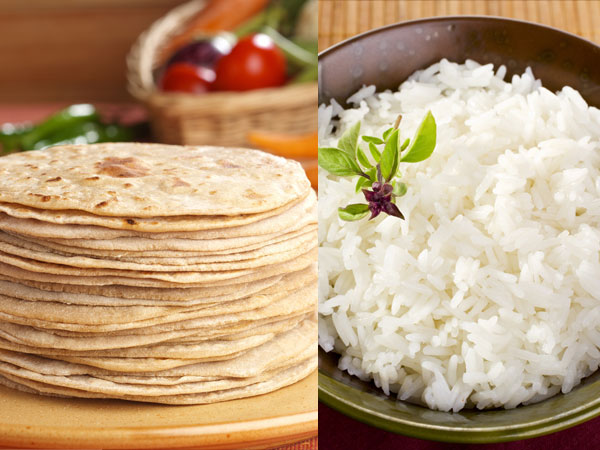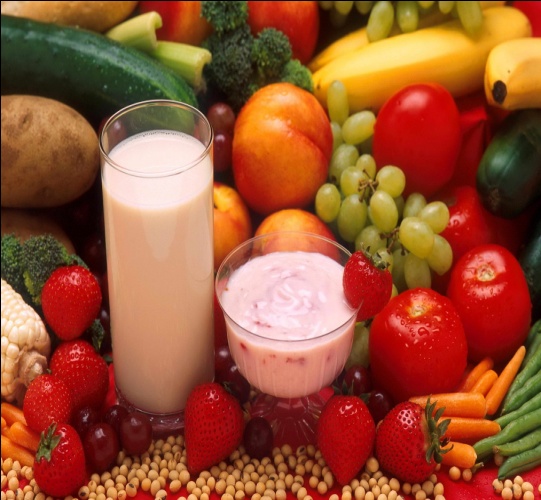All You Need to Know about Sugar

By - Jeffrey So, Volunteer Dietitian – VSHC
Every time we talk about sugar, we think of it as the ultimate “villain” to our health. But this is not quite right. First we need to know what sugars are and which ones we should be eating. All sugars are carbohydrates - they make us satisfied and energetic. We need carbohydrates in our diet as they provide a large proportion of energy we need to move our bodies, and for our organs to function. Sugars will eventually be broken down into glucose (a form of sugar) in the gut and go into our blood.
The types of sugar and how much we consume them have the most impact. Let’s classify them into three main types.
Simple (free) sugars – white and brown sugar, honey, maple syrup and sugar added to packaged foods (candies, chocolate, cakes, biscuits) and drinks (soft drinks and juices),
Naturally occurring sugars – found in fruit and milk
Complex sugars (carbohydrates) – bread, roti, rice, cassava, dalo, kumala, flour, cereal.
Simple Sugars (free sugar)

Complex Sugars (carbohydrates)

Naturally Occurring Sugars.

What sugars should we be eating?
Simple sugars, such as white sugar and sugary processed foods and drinks, are digested quickly and are empty calories (no nutritional values), giving us a blood sugar spike follow by an energy low that leave us feeling sleepy. Therefore this is the sugar we want you to limit on and swap for something better.
Having moderate amount of complex sugars is the key - they take longer to break down and are the best way to maintain our blood sugar levels. Even better, choose wholemeal varieties as they contain more fibres and other nutrients that our bodies can use and keep us feeling fuller for longer. While fruit and milk products contain sugar too, they have all the important vitamins and minerals to keep us healthy, so they should be included as part of our healthy diet.
When do we get too much sugar?
It’s a huge sweeping statement to say that sugar make us fat. Obviously, like anything, if we consume more than we need that excess is going to be stored as fat in the body. Eating too much sugar could also put you at risk of developing diabetes, hypertension, heart disease, stroke, cancer, tooth decay and many more health problems.
Tips to reduce your sugar intake.
1. Avoid adding sugar to food or drinks and during cooking.
2. Choose good old water instead of fizzy, sugar sweetened drinks or fruit juices to keep you hydrated throughout the day.
3. Add fresh fruit (lemon or lime juice) or ginger to your water and tea for flavors.
4. Use natural fresh ingredients such as fruit, herbs and spices, garlic, ginger and nuts for flavors in your cooking.
5. Snack on fresh or dried fruit and unsalted nuts instead of packaged foods.
6. When reading food labels, try to choose products with a sugar content of less than 5g per 100g.